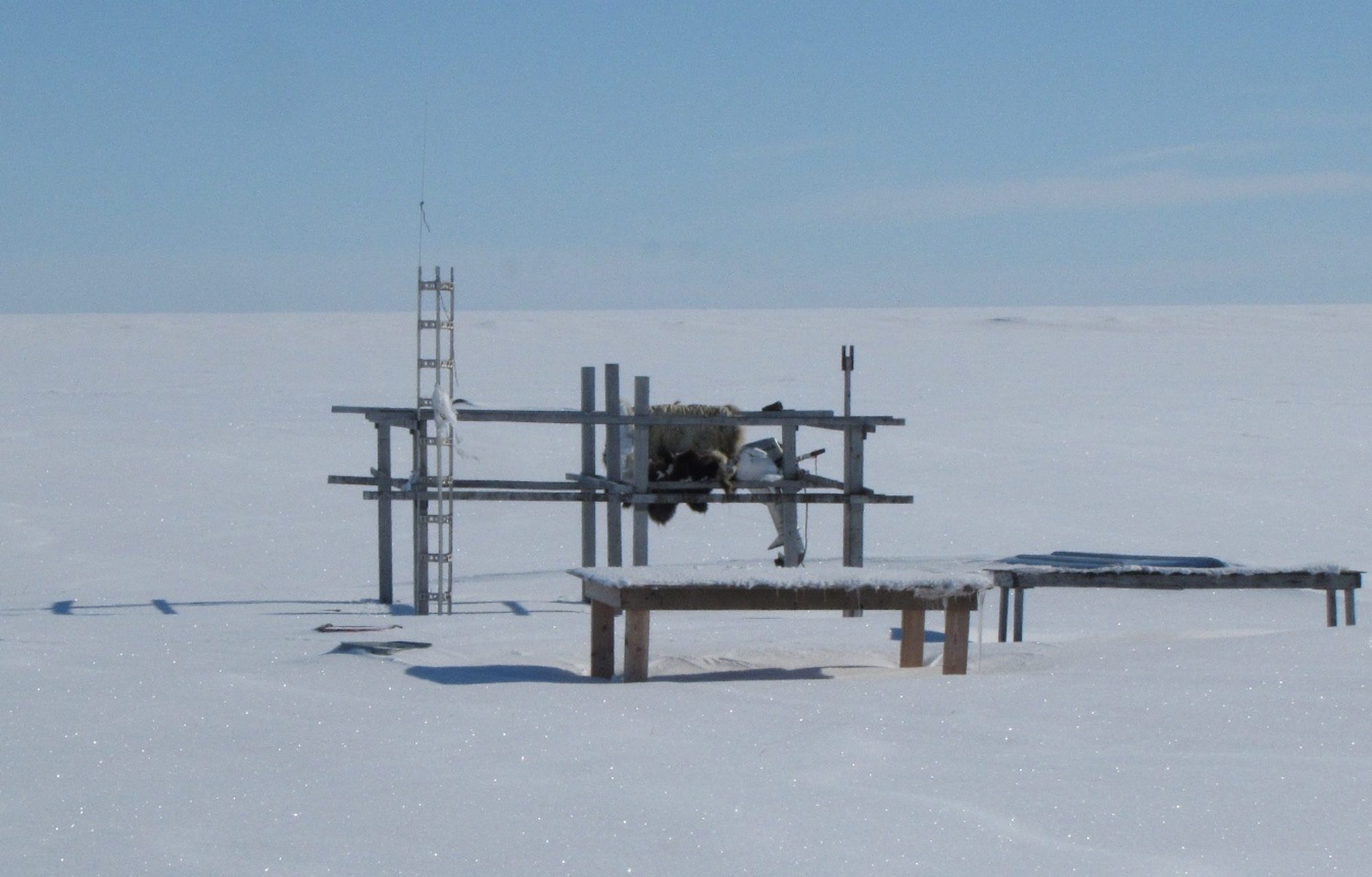I love Government and law. Let me add a few definitions first.
Enclave – isolated, foreign, separate areas.
Congress wrote into the US Constitution the authority to have such an area udner their sole and exclusive jurisdiction in Article 1, section 8, clause 17. This section gave them power to create a federal enclave forthe seat of government and any other enclaves/districts necessary for federal purposes.
The US constitution (1788) begins with these words: “We the people of the United States….”
From the very beginning of European contact the Indian tribes were recognized as independent sovereign nations. This is why when the US Constitution was ratified in 1788, the phrase contained in its preamble, “We the people of the United States” did not include the Indians. However, Indians are specifically mentioned within the Constitution, not as being part of the people of hte United States, but as people whom the US deals with as detached domestic nations. There are three secitons with the US Constitution involving Indians. (two sections were in the original document of hte Constitution and one was added, via an amendment, eighty years later.)
1.) Article 1, Section 8, clause 3 – The Commerce Clause – Congress regulates trade with Indian Tribes.
2.) Article 2, Section 2, Clause 2 – The Treaty Clause – Regarding constitutional treat-making (not specific to Indian Treaties only)
3.) The 14th Amendment (added in 1868) – “Indians not taxed”
(You should really know your history if you are going to be a leader or lawmker in the Federal Government, such as congress)
TREATIES: There was a very specific method incorporated into the Constitution for negotiating formal contracts with foreign nations, which included the Indian Nations. For almost a century the United States formally recognized Indian Tribes as among those capable of treaty-making. At least three hundred and seventy treaties were made and ratified between the United States and the various Indian Tribes. The first treaty was September 17, 1778, with the Delawares. Treat-Making with Indian Nations continued for nearly one hundred years until it was officially stopped in 1871
The United States’ trust responsibility with Indian Tribes is based on actual historical events and commitments.
What is Tribal Sovereignty?
Tribal Sovereignty is never individual and is not based on an individuals ethnicity.
This is an important concept in understanding PL 280 (and Indian Law in general). Tribal sovereignty is the basis for a tribe’s political relationship with the United States. A Tribe’s government-to-government relationship is not based on individual ethnicity. Rather, it is based on the historical dealings of the United States government with sovereign tribal governments. Tribal governments represent their communities who collectively share a form of government, culture, tradition and values.
If you chose to look further at USC Title 25, you will find all sorts of laws relating the US government and tribes, revealing the unique political status between the federal government and the Indians.
The special relationship between Indians and the Federal Government is a result….of solemn obligations which have been entered into by the United States Government.
Down through the years through written treaties and through formal and informal agreements, our government has made specific commitments to the Indian people. For their part, the Indians have often surrendered claims to vast tracts of land and have accepted life on government reservations. In exchange, the government has agreed to provide community services such as health, education and public safety; services which would presumable allow Indian communities to enjoy a standard of living comparable to that of other americans.
This goal, of course, has NEVER been achieved. But the special relationship between the Indian tribes and the Federal Government which arises from these agreements continues to carry immense moral and legal force. To terminate this relationship would be no more appropriate than to terminate the citizenship rights of any other American.
This special message to Congress by the 37th President recognized tribal sovereignty and the responsibility of government-to-government commitments. He pointed out that just as the US government cannot haphazardly stop rights of US citizens that are spelled out in the US Constitution, neither would it be appropriate to cut off at will, legal obligations made with Indian Tribes.
Next time, we will talk about Trust Responsibility.
*Thank you to Understanding Justidication on Tribal Lands – Alex Tortes and Cindy Pierce.

